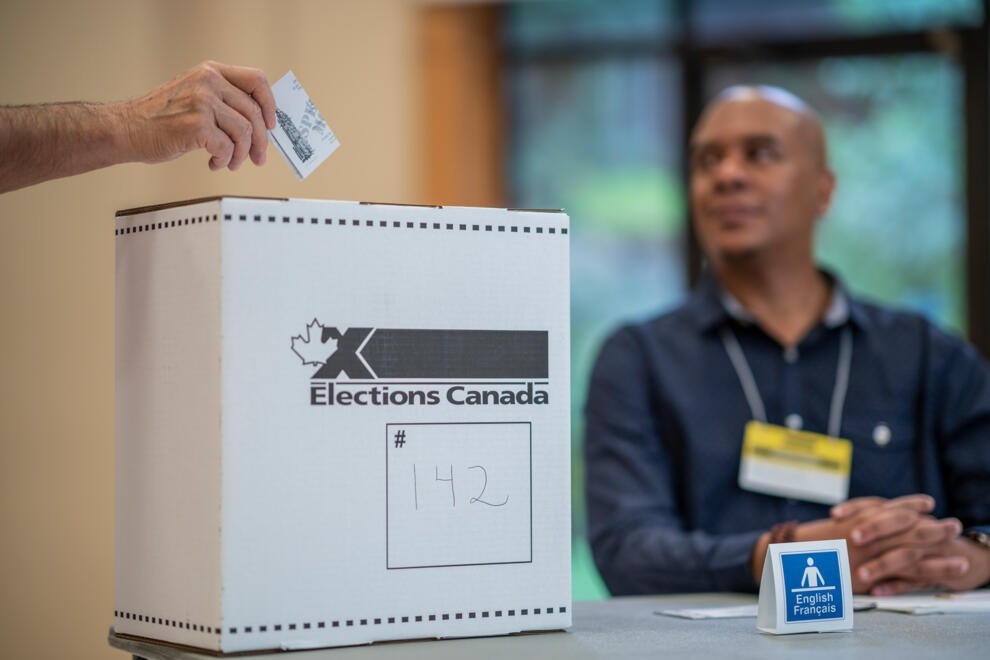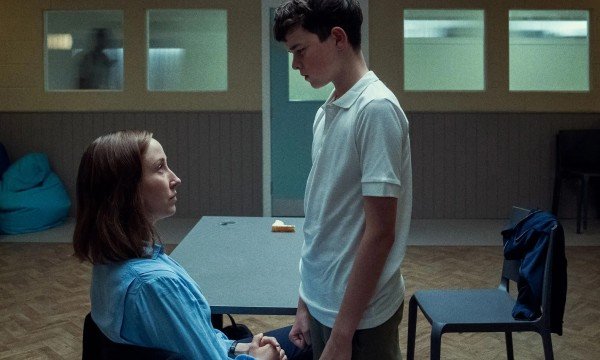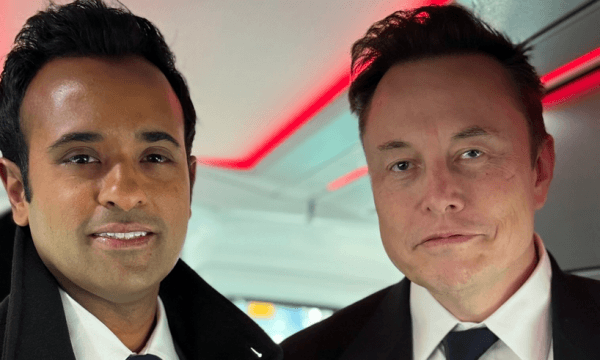
As Canadians head to the polls next week, the Tamil community must go beyond self-interested representation to show real solidarity with communities facing the brunt of colonial, imperial and capitalist violence within and beyond these artificial borders.
Name recognition has always been an effective strategy to garner support at the ballot box, and there is no doubt Tamil candidates are leveraging this tactic to get your vote during this federal election. But as a community, we must ask them—and perhaps, more importantly, ourselves—critical questions before impulsively offering our endorsements.
What is your plan to address the climate crisis so our children and youth can have a breathable planet? Where do you stand on welcoming refugees and immigrants, like us, to give people a chance at a new life? As we are settlers on these lands, how will you defend Indigenous Peoples’ right to self-determination? What is your party’s stance on ending Canadian complicity in the genocide of Palestinians, something that our community also endured in 2009?
These are not just rhetorical questions that we must confront if we want to move far beyond representational politics. Of course, the presence of Tamil elected officials has been instrumental in advancing our struggle, such as the recognition of Tamil Genocide Remembrance Day and the sanctioning of Sri Lankan war criminals.
However, the recognition of one genocide without action to stop another—or worse, the cowardice to even call it what it is and to demand the government to end its complicity—underscores the pitfalls of such representation. Justice and accountability will merely be a dream if we do not act in solidarity with all oppressed folks, as all systems of oppression are inherently intertwined.
Ruha Benjamin’s quote, “Black places in high places are not going to save us,” applies to the Tamil community too. The silence from Tamil leaders around us – from current and former politicians, community leaders, entrepreneurs and beyond – is not only palpable but hypocritical. Are our voices incapable of reaching beyond our own demands?

We have an obligation to look for those around us, as rooted in our collectivist culture and upbringing. We must reject the political, corporate and media propaganda that scapegoats those who arrived like we did for the compounding housing, healthcare and affordability crisis. (Yes, that also means being honest about the real estate and wealth some members of our community are hoarding, which is contributing to the housing crunch through house-flipping and exorbitant rental rates.)
In Ontario, the government recognized Tamil Genocide Education Week to commemorate and educate others on the violence our community has endured. Yet the party that led us to this historical moment is also responsible for cutting critical public services such as education, eliminating rent controls, privatizing healthcare and undermining labour rights, to name a few. Such actions are extremely detrimental to the well-being of the Tamil community.
Going back to this election, I encourage you to do your research to support policies that would truly lead us to an equitable future, beyond the sound bites and empty campaign trail promises. The younger generation, in particular, must have conversations with parents, aunts, uncles, grandparents, cousins and family friends to educate, discuss and ensure we are envisioning a future beyond superficial representation.
We are due for an urgent self-reflection on our journeys to these lands and the conditions that were imposed on us. Instead of reproducing these discourses and being apathetic or indifferent to injustices on these stolen lands and beyond, we must expand our solidarity efforts with Indigenous, Black and racialized communities, especially as we were welcomed to these lands by Indigenous Elders.
While our community has achieved significant successes despite the multilayered hardships and barriers, being a model minority or desiring proximity to whiteness will neither help us nor those around us. Only caring for our families and our community is a selfish path to isolation. Instead, we must move past Western notions of individualism to revert to our roots of collectivist action and solidarity, well beyond this federal election.
Resources:
-
Social Planning Toronto factsheet (in தமிழ்) on key policy issues affecting this federal election
-
Local candidate positions on Palestinian rights and freedom - VotePalestine
-
Party positions on key environmental issues - The Narwahal and David Suzuki Foundation
-
Party positions on addressing housing and homelessness – Canadian Centre for Housing Rights
-
Party platforms and voter tools - CBC party platforms and Vote Compass

























